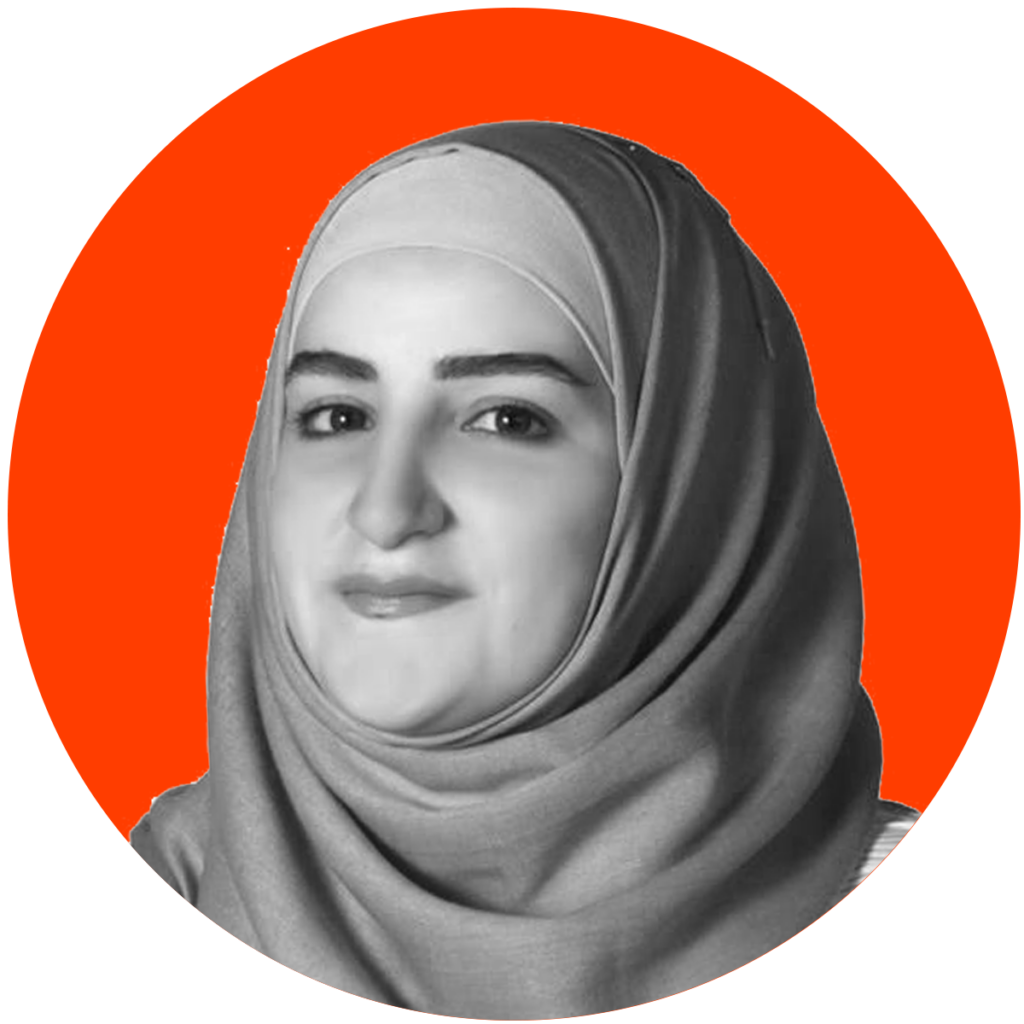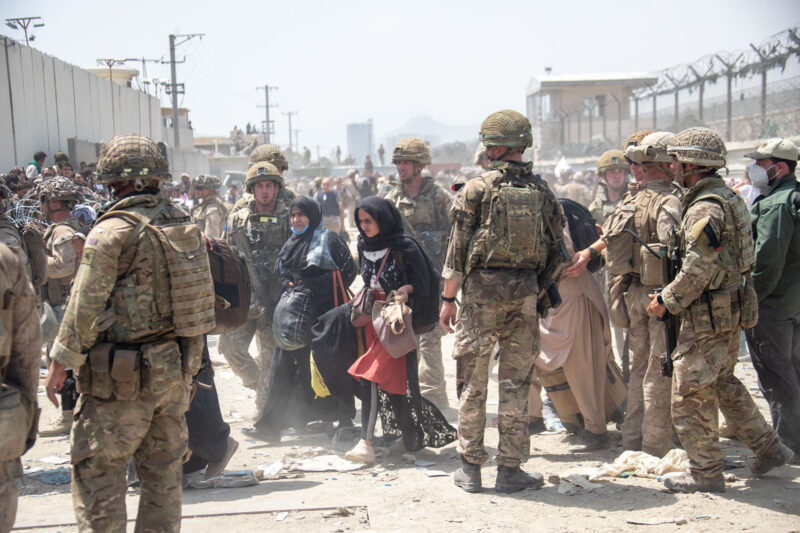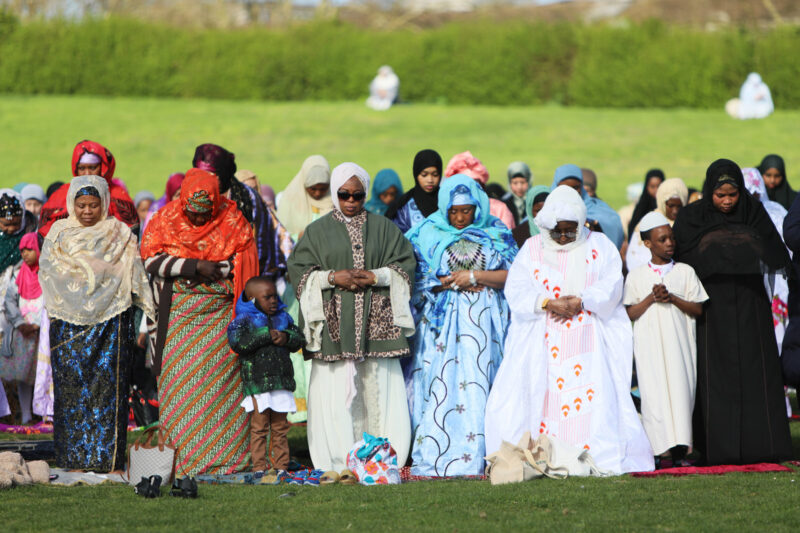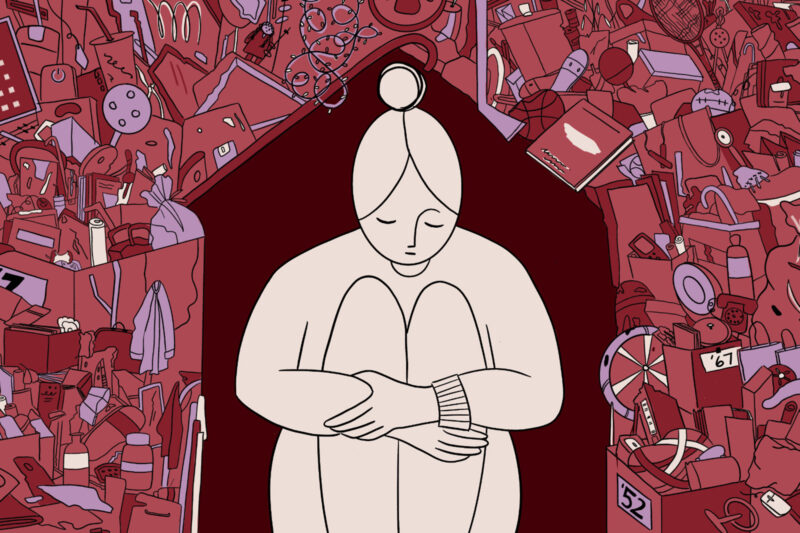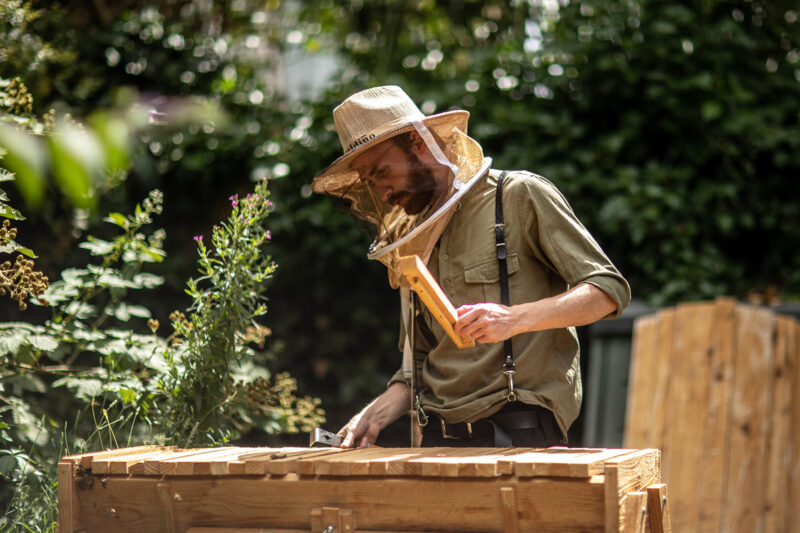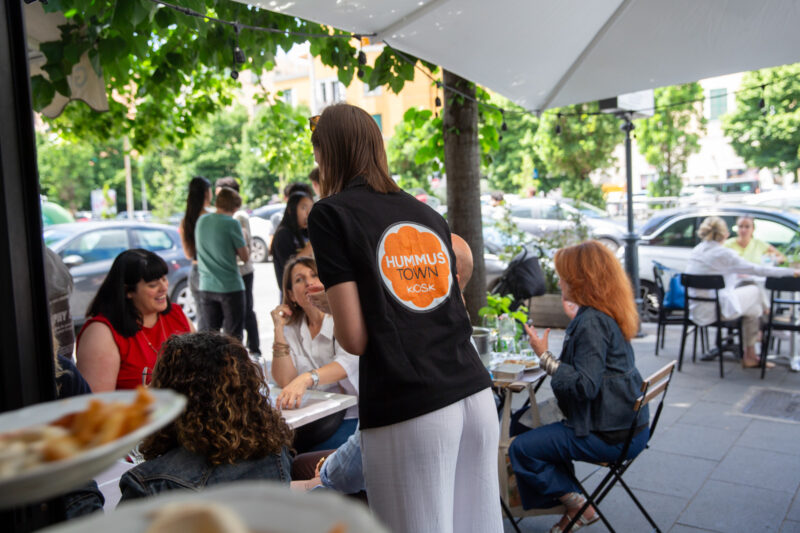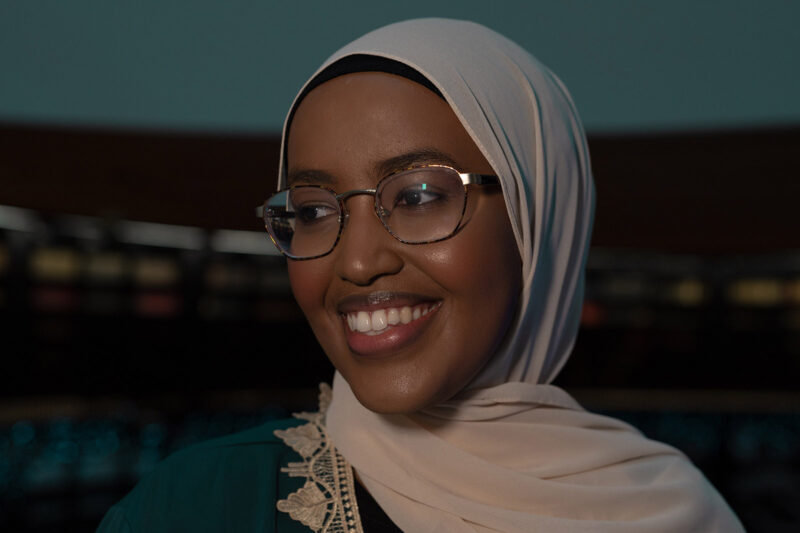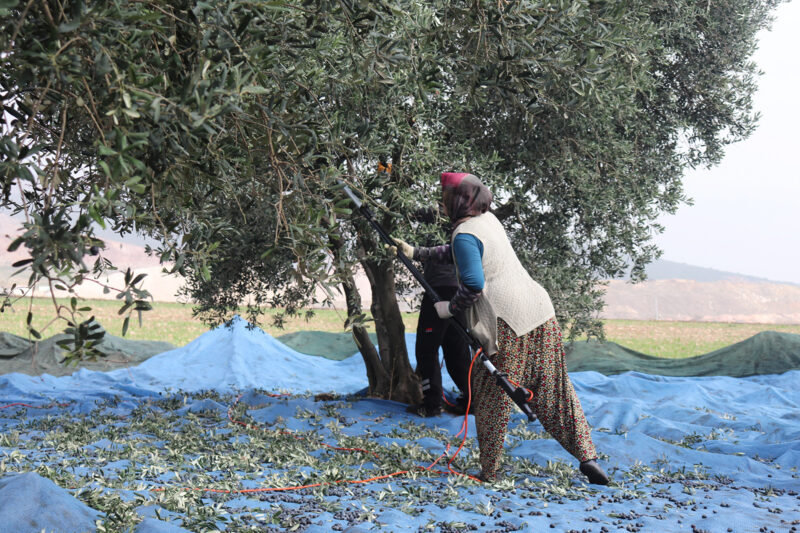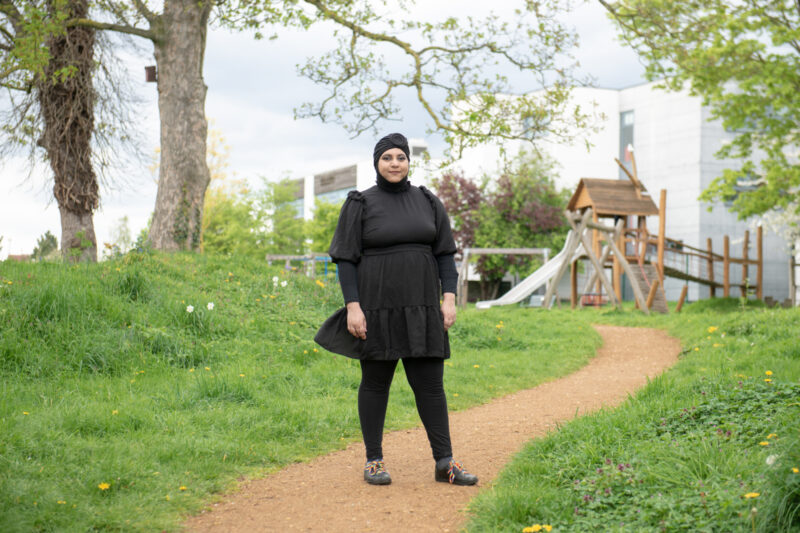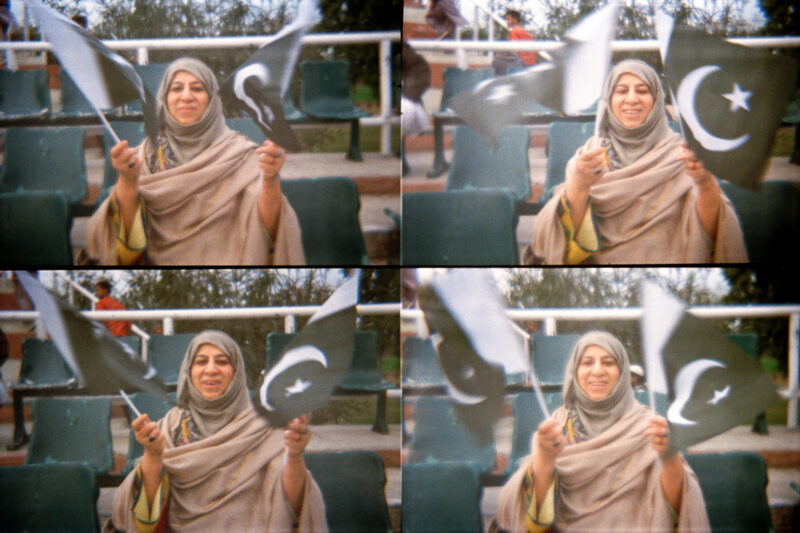As I spend Ramadan alone as a refugee in the UK, I’m reminded of the life I’ve lost in Syria
I feel lonely and isolated away from my home, family and community — all the while learning to navigate the much-longer fasting hours
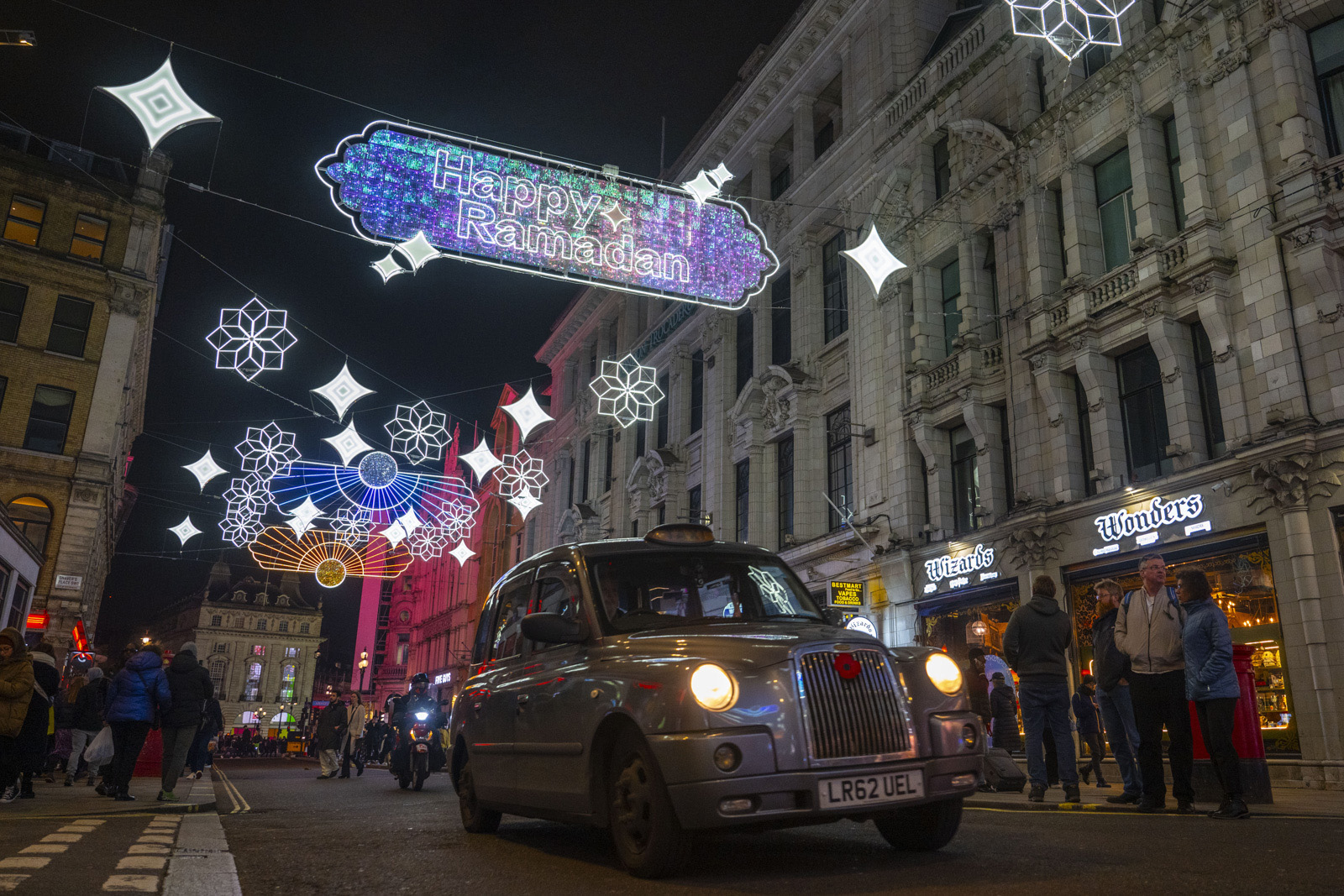
In Syria we say “at home, everything has a special flavour” — the foods, smells, and sounds are unique to us. Even when we try to recreate these details, especially during Ramadan, it feels different to being at home. It wasn’t until I spent my first Ramadan away from Syria that I really understood the meaning of this phrase. The holy month — a time of spiritual reflection and prayer bringing loved ones together — became one of the most challenging periods of my life, as well as the lives of many refugees and displaced families.
I arrived in the UK in 2016 to pursue a masters in human rights and international law after receiving a scholarship from the British government. As I continued my studies, I witnessed in horror as the conflict in my country intensified, with each day bringing a rising number of civilian casualties and forcibly displaced people. I had been a journalist in Syria focusing on human rights and the violations committed by the regime against civilians, yet had to stop my work because of threats to my safety. I’d continued my activism in the UK, speaking publicly against the crimes of the Syrian regime, which meant I was at risk of arrest — or worse — if I returned home. My family advised me to stay in the UK and seek asylum.
So as I celebrated Ramadan that year, it was heartbreaking. I was applying for asylum, and constantly reminded of my life that no longer existed. Instead of feeling blessed and peaceful, as I usually felt during Ramadan, I was uncertain and isolated. I felt a loneliness that I had never felt before, away from my home, family and community — all the while navigating the much-longer fasting hours.
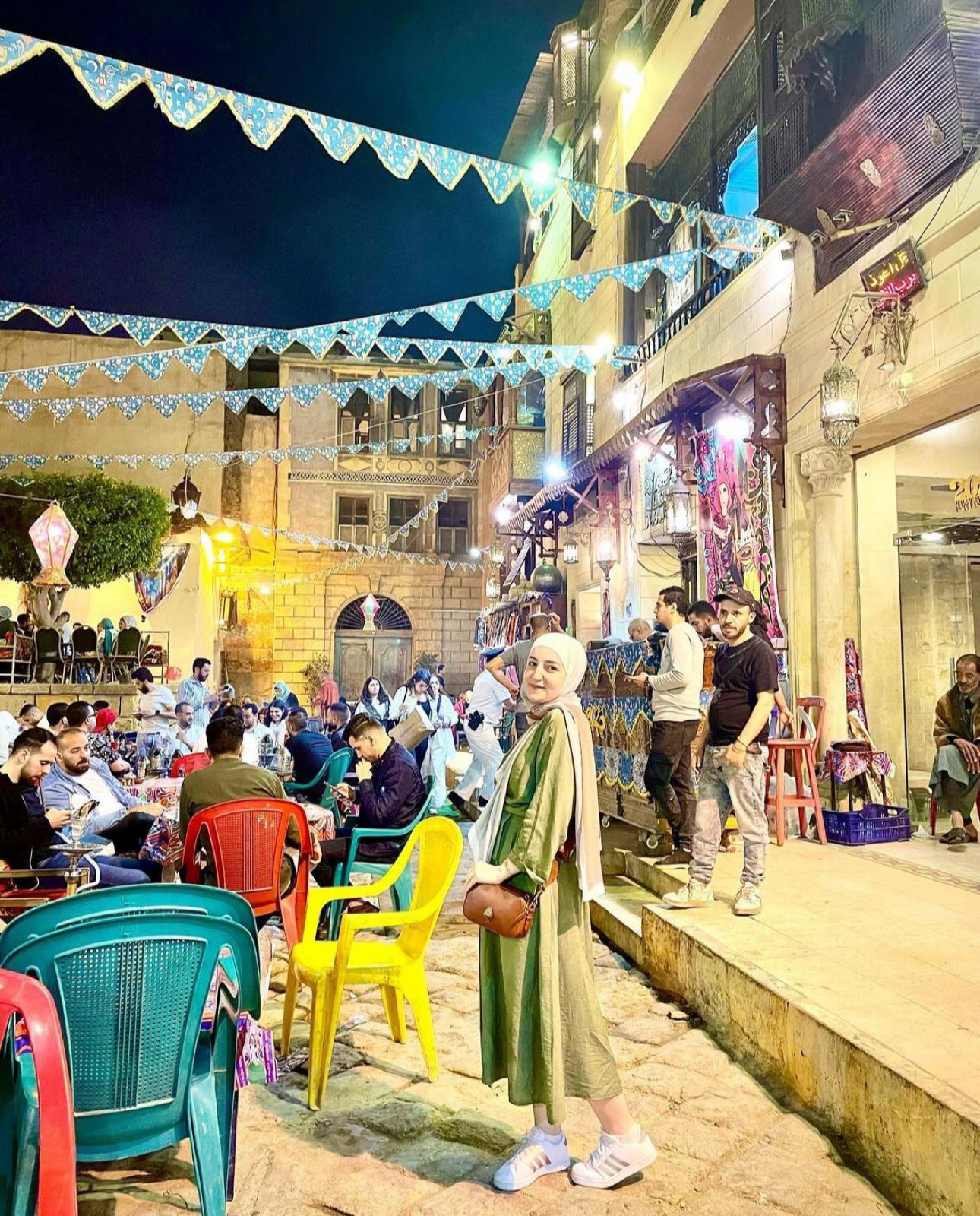
During those weeks, I missed every detail from Ramadan in Syria: the decorations in the streets, the sound of adhan, the call to prayer, and the crowded streets before maghrib adhan. At home, my family usually gathers together on the first day of Ramadan for iftar. We share stories about our plans for the rest of Ramadan, discuss celebrations for Eid, pray together, and end the day by sharing sweets. I used to tell my mother that the amount of happiness I felt in those simple moments spent with family was enough to light the world with love.
I had taken all those details for granted before, and never thought they would disappear someday. That first Ramadan I spent alone, I was living in York, a small city with an equally small Muslim and Syrian community. There were hardly any signs of Ramadan around me. I remember having to explain over and over again to my new-found friends and colleagues that I could not eat or drink from dawn until sunset. It was a struggle to find halal food, and when I eventually did, it was extremely expensive. I was exhausted, sleep-deprived, and very alone – saddened knowing that Ramadan should be the month of the family and friends, where even people in conflict reconcile. I always consoled myself with prayer, but it was challenging.
Refugees and asylum seekers usually suffer from isolation, uncertainty and anxiety, and during Ramadan, those feelings often intensify. The meals offered in temporary accommodation for asylum seekers are not always halal, nor do they coincide with suhoor and iftar. A friend once told me sometimes he would not eat iftar at all because the housing staff forgot he was fasting and could only eat at sunset.
I used to speak to my family and smile throughout the call so as not to make them feel concerned and sad for me. As soon as we hung up, I would cry. This period was very difficult, but I tried to tell myself it will pass.
Being away from home, and living as a refugee here, hasn’t gotten easier with time. Nobody wants to be away from friends and family, and live like a stranger in an unknown place. I still call my family during Ramadan to celebrate the arrival of the holy month and I try to feel the tranquillity and peace that Ramadan brings. I have friends here and we try to organise group iftars, though distance and the nature of working life makes it difficult.
But seeing the light display in London marking Ramadan, it brings hope to many refugees and asylum seekers like me. These lights reflect inclusivity and compassion, a sign that Muslim communities are being embraced. So as I mark the holy month, I reassure myself that I am valued here, and that one day, I will go home again.
 Newsletter
Newsletter

